As Desmond Morris beautifully explains in
his book "The Human Sexes" before the dawn of agriculture, humanity existed as hunter-gatherers, a lifestyle that necessitated cooperation and mutual reliance between men and women. Men embarked on hunting expeditions, using their strength and endurance to secure food for the community. Meanwhile, women stayed behind, nurturing the heart of the community by caring for the young and the elderly, foraging for mushrooms and berries, and practicing herbal medicine.
This balanced dynamic fostered a sense of equality and interdependence, with both sexes contributing essential skills to ensure the survival and prosperity of the community. The absence of a hierarchical structure allowed for a more fluid and inclusive society where the strengths of each sex were acknowledged and respected.
The advent of agriculture marked a transformative period in human history. As societies transitioned from nomadic lifestyles to settled communities, a shift occurred in the roles of men and women. With the emergence of agriculture, men assumed the responsibility of tending to crops and managing the burgeoning communities, relegating women to domestic roles.
This societal shift disrupted the equilibrium that had characterized the hunter-gatherer lifestyle. The rise of hierarchical structures and the division of labor led to an imbalance that persists in almost every culture to this day. The once-equal partnership between men and women became a distant memory as new norms and expectations emerged.
In the era of sexual equity, the balance between men and women extended beyond daily tasks and responsibilities. The intimate relationships between the sexes were likely marked by a sense of mutual respect, understanding, and collaboration. With both sexes contributing equally to the well-being of the community, the sexual dynamics would have been shaped by a shared sense of purpose and partnership.
Contrastingly, in the post-agricultural era, societal structures began to favor men over women, snowballing since then to where we are now, leading to power imbalances and, inevitably, impacting the dynamics of intimate relationships. The shift from egalitarianism to hierarchy likely influenced how sex was perceived and experienced, with a potential decline in the sense of equality and collaboration.
In contemplating the shift from sexual equity to a more imbalanced societal structure, one can't help but wonder about the potential impact on the intimate lives of our ancestors. Rediscovering sexual equity in contemporary society could hold the key to rekindling a more harmonious and fulfilling approach to sex.
By acknowledging and rectifying the imbalances that have persisted over centuries, societies can aspire to create an environment where both men and women are equally valued and contribute to the greater good. This shift could not only enhance the overall quality of life but also redefine the nature of intimate relationships, fostering an atmosphere of mutual respect, shared responsibility, and, ultimately, a more gratifying sexual experience.
As we reflect on our ancestors' journey from sexual equity to an imbalanced societal structure, we are prompted to consider the profound impact on intimate relationships and the enjoyment of sex. By embracing the principles of equality and working towards a more balanced society, we may uncover a path to rediscovering the joys of sex that our oldest ancestors once knew – an experience marked by collaboration, respect, and a shared sense of purpose.exp
Now, imagine how your sexual experiences would be if your ancestArs of the last 10,000 hadn’t experienced sex from a place of submission and oppression
Let’s go back to when we were happiness. How do you think life and sex were then?
I read you.


